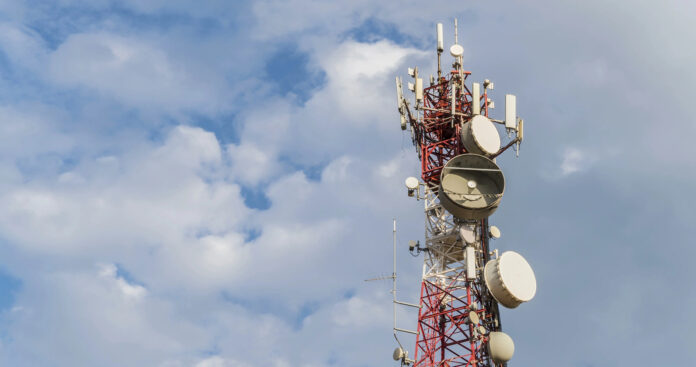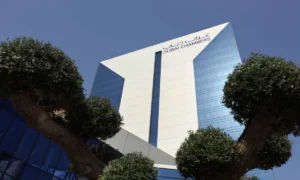Islamabad 8 August: The GSMA held its second Digital Nation Summit in Islamabad, honoring the Ministry of Information Technology and Telecommunication (MoITT), the Pakistan Telecommunication Authority (PTA), and local mobile operators for their dedicated work in elevating Pakistan’s digital framework.
The event featured the launch of Unlocking Pakistan’s Digital Potential: Reform, Trust and Opportunity, a GSMA report that identifies critical policy steps to bridge one of Asia Pacific’s widest mobile internet usage gaps and position Pakistan as a regional digital frontrunner.
Addressing attendees, GSMA’s Head of Asia Pacific, Julian Gorman, shared key insights from the report, noting that mobile technologies could add US$1.4 trillion to the region’s GDP by 2030. Yet, he warned that Pakistan is at risk of lagging behind, despite 81% mobile broadband coverage and 68% smartphone ownership. Last year, only 29% of Pakistanis used mobile internet, leaving a 52% usage gap—the highest among major regional markets. Gorman highlighted obstacles like steep spectrum costs, excessive mobile taxes, and regulatory ambiguity, stating, “Pakistan has the talent and vision to become a digital powerhouse, but policy hurdles are stalling progress. Reform is vital for growth, inclusion, and competitiveness.”
The report pinpointed several issues: Pakistan’s IMT spectrum allocation is among the region’s lowest, with the 5G multiband auction delayed; spectrum cost-to-revenue ratios have climbed from 3% in 2014 to 9% in 2023, risking network quality; and a 33% tax burden on mobile use—among the region’s highest—drives up costs and dampens demand. It also noted a 52% non-usage rate under broadband coverage, tied to affordability, literacy, and trust issues, though women’s mobile internet adoption rose from 33% to 45% in 2024, the largest gain surveyed. Rising digital fraud further erodes confidence, though Pakistan’s involvement in the GSMA APAC Cross-Sector Anti-Scam Taskforce (ACAST) offers hope.
READ MORE: GSMA Urges Pakistan to Slash Mobile Service Taxes in Upcoming Budget
Federal IT Minister Shaza Fatima Khawaja underscored the government’s resolve, saying, “Under Prime Minister Shehbaz Sharif’s guidance, we are crafting a robust, inclusive digital ecosystem where innovation fuels economic progress and technology empowers all citizens.” She cited achievements like a 14% rise in the ITU ICT Development Index, a WebTrust-audited National PKI aligning Pakistan with 37 nations, 200 million telecom subscribers, 10 million new broadband users, and a 24% internet usage surge. Key projects include AI-enabled data centers, 40 Software Technology Parks, new submarine cables, and 17 telecom initiatives adding 1,825 km of optic fiber to 500+ underserved areas.
The GSMA report proposes policy reforms: comprehensive spectrum overhaul with balanced pricing, mid-band frequency releases, and spectrum trading; tax reductions on mobile services and devices, plus incentives for infrastructure and R&D; enhanced anti-fraud measures and digital literacy programs; and streamlined regulations to support 5G, IoT, and future innovations. Gorman concluded, “With the right policies, Pakistan can lead in developer services and IT outsourcing. The time to act is now.”









